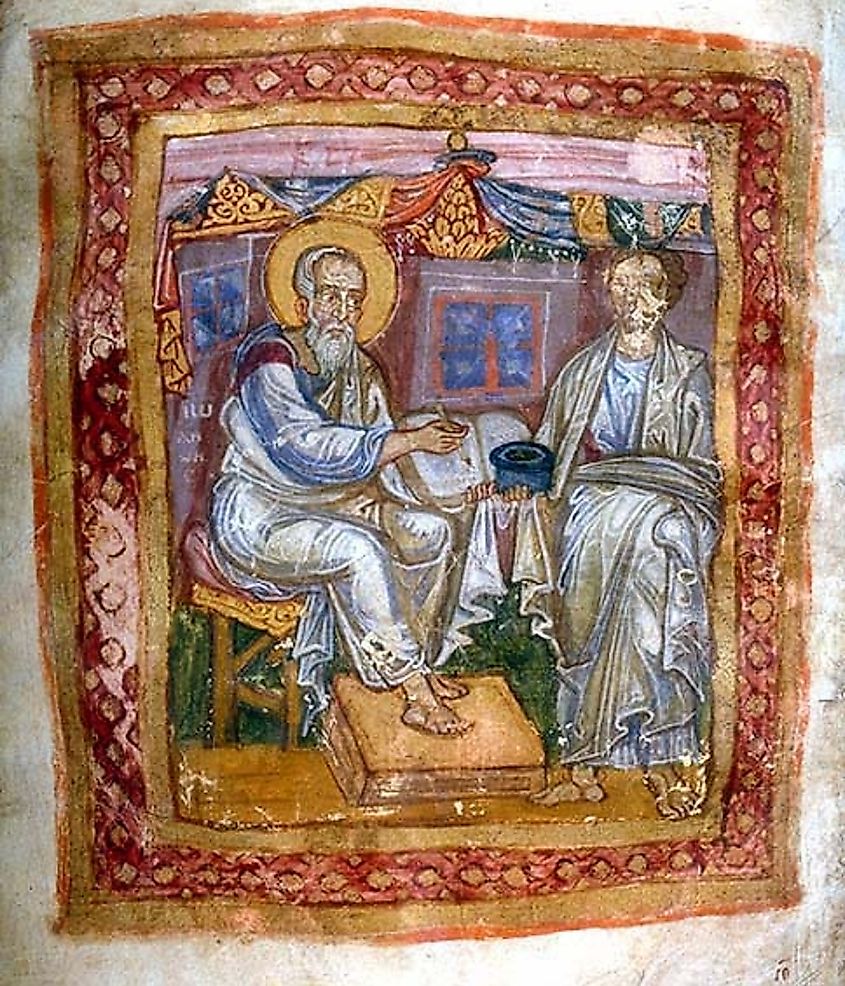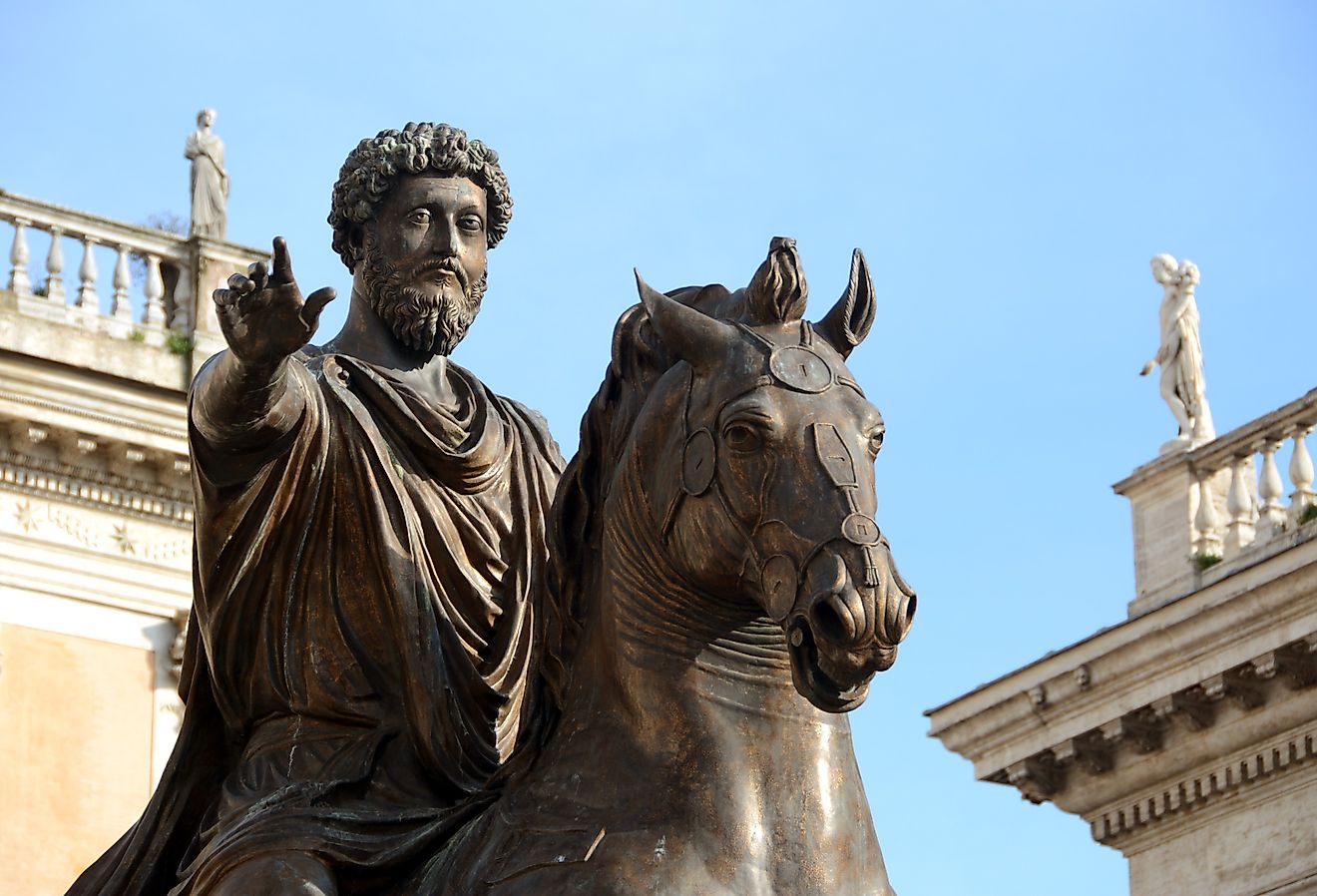
What Is The Antinatalism Movement?
Anti-natalism is a philosophy that says having children is morally wrong. There are different beliefs leading to people's anti-natalism. For many, it relates to ethical reasons; for some people, it is religious; for others, it is environmental. Anti-natalists are not the same as pro-mortalists. Read on to learn exactly what the philosophy is all about and where it originated.
What is Anti-natalism?

Anti-natalism is the word used to refer to an ethical view that having children is morally wrong. There are a variety of different philosophical views that fall under this term. This philosophy can shock people since it seems to go against natural instincts. Since anti-natalism believes procreation is morally wrong, it is often credited with having a pessimistic view of humans. Some anti-natalists extend their belief to other sentient animals besides humans. They claim that existence is a harm for any sentient being, not just humans.
Anti-natalism is Not Pro-mortalism
Sometimes, people confuse anti-natalism with pro-mortalism. However, the two philosophies are very different. Pro-mortalism is a philosophical movement that places a positive value on death. In the pro-mortalist view, the best thing to do for the world to end suffering is to end our own lives. However, most pro-mortalists claim they don't do this (end their life) because they lack willpower. Anti-natalism is a completely different philosophy. It focuses on procreation and the moral question of having children.
History

Anti-natalism is not a new philosophy. The ideas date back thousands of years, as early as ancient Greece. Sophocles, an ancient Greek tragedy playwright, wrote about anti-natalist ideas in his play Oedipus at Colonus. Seneca, an ancient Roman stoic philosopher, also wrote about anti-natalism. In his dialogue titled Seneca's Consolations, he writes,
"Nothing is so deceptive, nothing is so treacherous as human life; by Hercules, were it not given to men before they could form an opinion, no one would take it. Not to be born, therefore, is the happiest lot of all."
A Christian Take

Considering that Christianity often views children as a blessing, it may be surprising to learn that the religion can be anti-natalist. Throughout history, certain sects of Christianity have been anti-natalist. The Marcionites were an early Christian sect led by the theologian Marcion of Sinope. The Marcionites believed that the world had a lot of suffering. The existence of cruelty, jealousy, and anger showed the world was evil. They concluded that people should trust in the good God of mercy and stop having children, abandoning this evil world.
Another early sect of Christianity that subscribed to anti-natalism was the Encratites. Members of the early Christian sect were great observers of life. They saw that being alive meant dying. To overcome the problem of death, the Encratites believed we should not have children. This way, nobody would have to die.
Is Buddhism an Anti-natalist Religion?

Whether or not Buddhism is an anti-natalist philosophy is a point of contention. Japanese philosopher Masahiro Morioka argues Buddhism is both anti-natalist and anti-anti-natalist. This is because, according to the religion, the world is suffering. When people are born, they are born into this suffering. Focusing on this aspect, Buddhism could be antinatalist. However, this is not the only aspect of Buddhism. Morioka also points out that the only way we can reach nirvana is by being on earth. This means we have to exist. This view justifies existence.
Ethics of Procreation

The main reason anti-natalists are against having children is because of the existence of suffering. Chances are, if you have a child, they will suffer at some point. Even if they do not, they will witness someone else suffer. While some people end up being happy, not everyone does. Anti-natalists often believe having kids means gambling on another person's suffering. Humans are also born without their own consent, nobody chooses whether or not they will exist. These reasons form the backbone of the ethical view anti-natalists tend to take on procreation.
David Benatar
A well-known advocate of the anti-natalist movement is David Benatar. The South African philosopher is best known for his book Better Never to Have Been: The Harm of Coming Into Existence. In the book, he argues, as the title suggests, that coming into existence is serious harm. He believes existence has inherent harm and causes suffering. As a result, Benetar concludes it is always wrong to create sentient beings.
Benatar's thoughts are often used in anti-natalist discussions. In the anti-natalist world, his work is famous and viewed as evidence of the negative ethical value of procreation. Benatar's argument has four parts as follows:
- Pleasure is good.
- When there is no pleasure, this is only bad if someone experiences deprivation.
- Pain is bad.
- When there is no pain, this is good, even if nobody enjoys the result.
From these premises, Bentar argues that bringing a child into existence brings experiences of pain and pleasure. Whereas not bringing a child into existence does not bring pain or pleasure. Since the absence of pain is good and the absence of pleasure is not bad, the odds are in favor of the anti-natalist argument.
Ecological Anti-natalism

Ecological Anti-natalism argues that not procreating is a benefit to the environment. Just by existing, ecological anti-natalists claim humans do harm to the world. Throughout history, humans have destroyed ecosystems, endangered different species, poisoned waterways, and polluted the air. Even when we try not to be, ecological anti-natalists believe humans are destructive to the planet. Bringing another human into the world can further this harm to the environment. For this reason, ecological anti-natalists believe not having children is beneficial to the environment.
Adoption as a Loop Hole

If you find yourself agreeing with this philosophy but you want to have children, some people believe there is a loophole: adoption. Some anti-natalists believe adoption is an ethical way to raise kids around anti-natalism. Since you aren't having kids yourself, you aren't directly responsible for bringing another human into the world. The harm is already done. All you are doing is raising a child that already exists.
Respecting Different Opinions
Whether someone believes it is wrong to have children because of ethics, religion, or the environment, these are all just variations of anti-natalist philosophy. Discussing ideas about anti-natalism and procreation brings out people's most intimate views of the world around them. While the discussion is interesting, ultimately, the decision to have kids or not to procreate is often a private and personal one.











